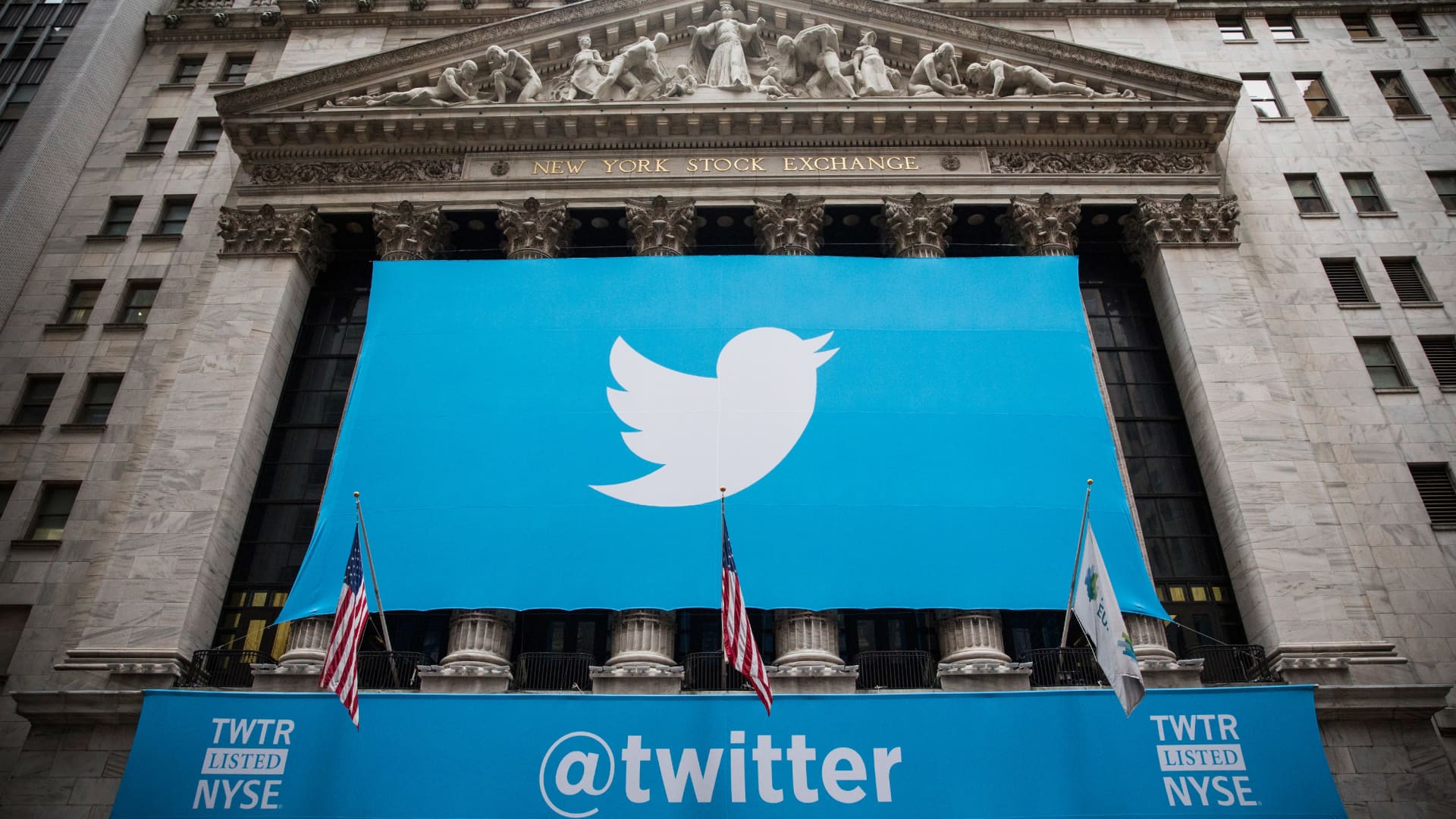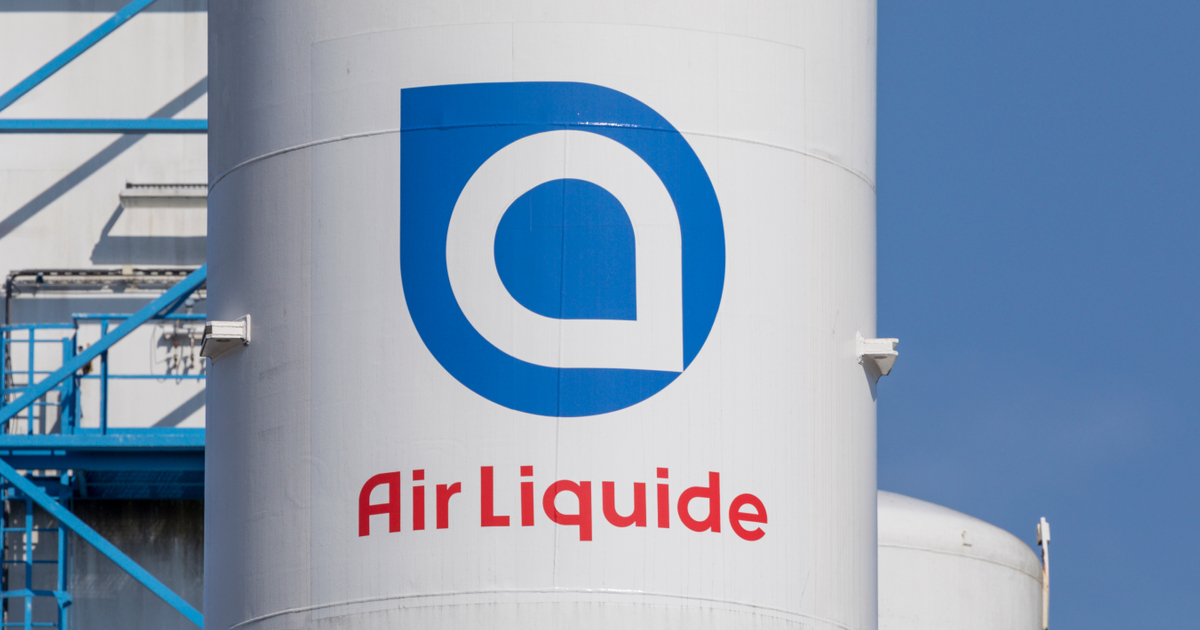Dow rebounds 200 points on Friday, heads for fifth straight week of losses
The Dow Jones Industrial Average heads for its fifth losing week in a row amid Russia's invasion of Ukraine.

The Dow Jones Industrial Average rebounded on Friday – but is heading for its fifth straight week of losses — as investors hope ceasefire talks could be gaining traction between Russia and Ukraine.
The Dow rose about 230 points, helped by gains in Boeing and Goldman Sachs. The S&P 500 rose 0.4%. The technology-focused Nasdaq Composite was flat.
Despite the bounce in stocks on Friday, the Dow is headed for its fifth straight week of losses as the Russia-Ukraine war continues to be an overhang on financial markets. The S&P and Nasdaq are heading for their second straight week of losses.
Week to date, the Dow is down about 0.6%. Meanwhile, the S&P is down roughly 1%, and the Nasdaq is off by 0.8% this week.
"The S&P 500's -12% decline from its peak suggests much of the froth has been taken out," said Savita Subramanian, equity and quant strategist at Bank of America Securities. "Stocks are largely pricing in the geopolitical shock, where the S&P 500 fell 9% from peak-to-trough since Russia-Ukraine headlines in early Feb, similar to a typical 7-8% fall in prior macro/geopolitical events."
Russian President Vladimir Putin said Friday "certain positive shifts" have occurred in the talks between the Kremlin and Ukraine. Meanwhile, President Volodymyr Zelenskyy reportedly said Ukraine has reached a "strategic turning point" in its war with Russia.
The moves came despite another day of higher energy prices. West Texas Intermediate crude, the U.S. benchmark, rose 1.4% to $107.46 while international standard Brent crude moved 1.6% higher to $111.04. To be sure, crude prices are well off the highs seen earlier in the week.
Metals prices except for copper fell sharply. Palladium futures tumbled 4% to $2,803.50 an ounce. Agricultural commodity prices turned mixed and bond yields were mostly higher, though only slightly.
Tensions continued to heat up on the Ukraine situation, with U.S. President Joe Biden expected to call for an end to Russia's status as a preferred trade partner. Also, Congress passed a funding bill that includes $14 billion of Ukraine aid.
Elsewhere in the markets, Rivian slipped 5% after missing estimates for the fourth quarter on the top and bottom lines, while DocuSign sank 19% after issuing weak guidance for the first quarter and fiscal year.
Investors received more concerning inflation news Thursday, as the Bureau of Labor Statistics reported that the consumer price index rose 7.9% in February, even more than expected and the highest level since January 1982. CPI gained month-over-month 0.8%, above estimates of 0.7% for the month, translating to a 0.8% decline in real average hourly earnings for workers.
Treasury Secretary Janet Yellen offered little consolation on the inflation front, telling CNBC that she expects price increases to be a fact of life in the U.S. for another year.

 Troov
Troov 
































